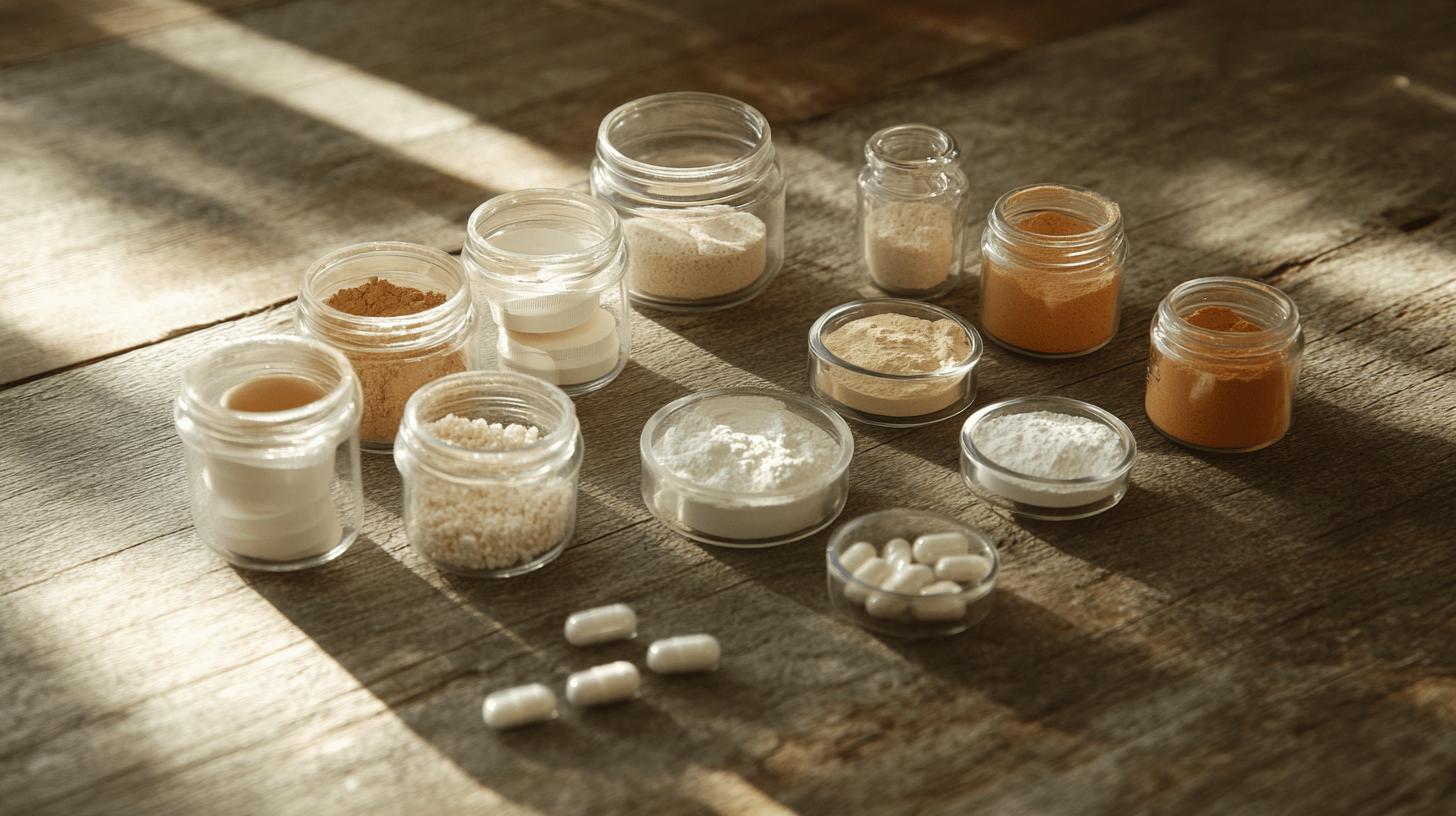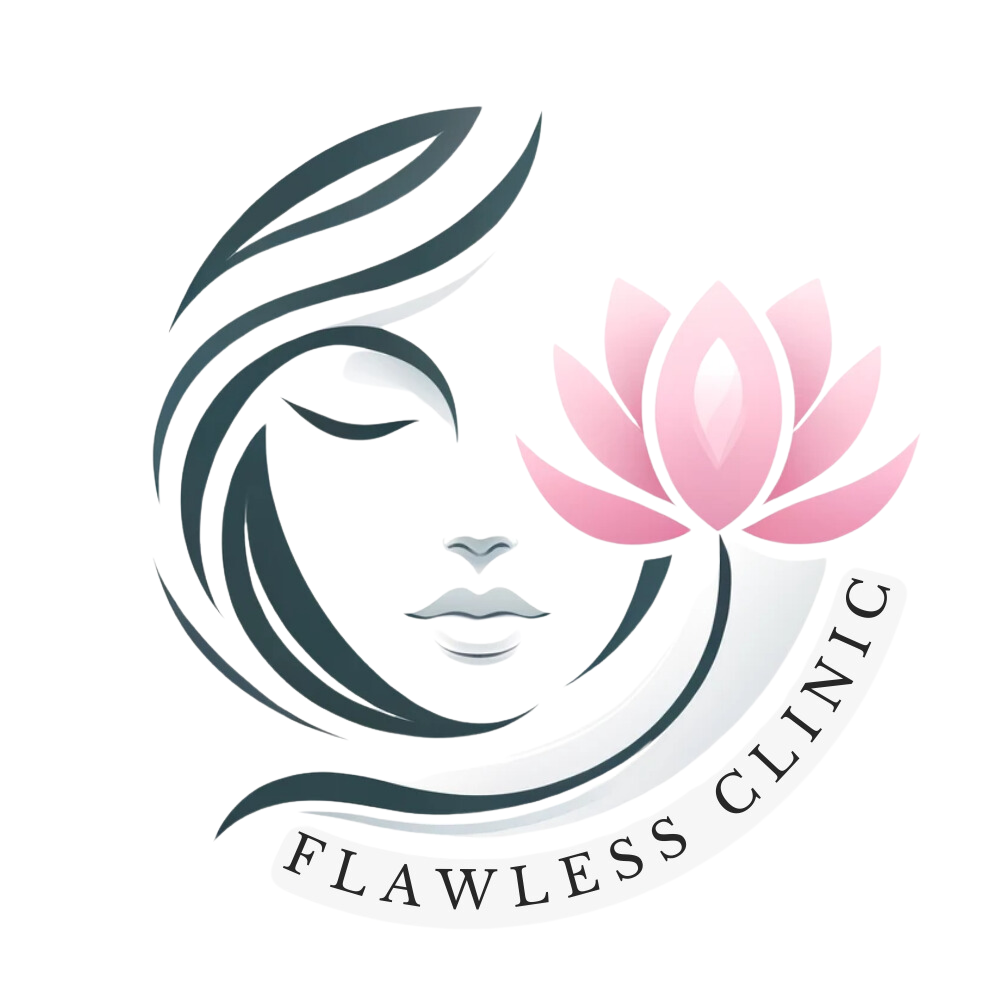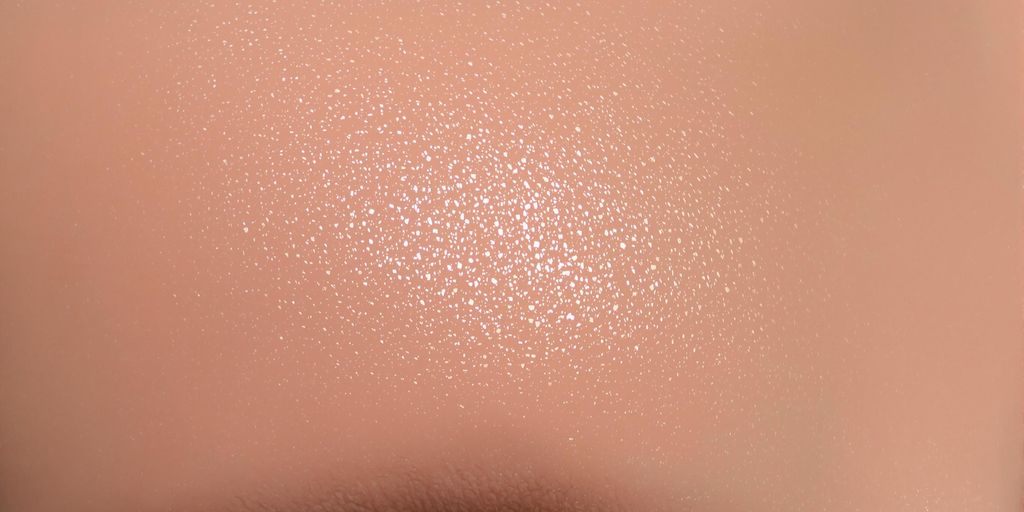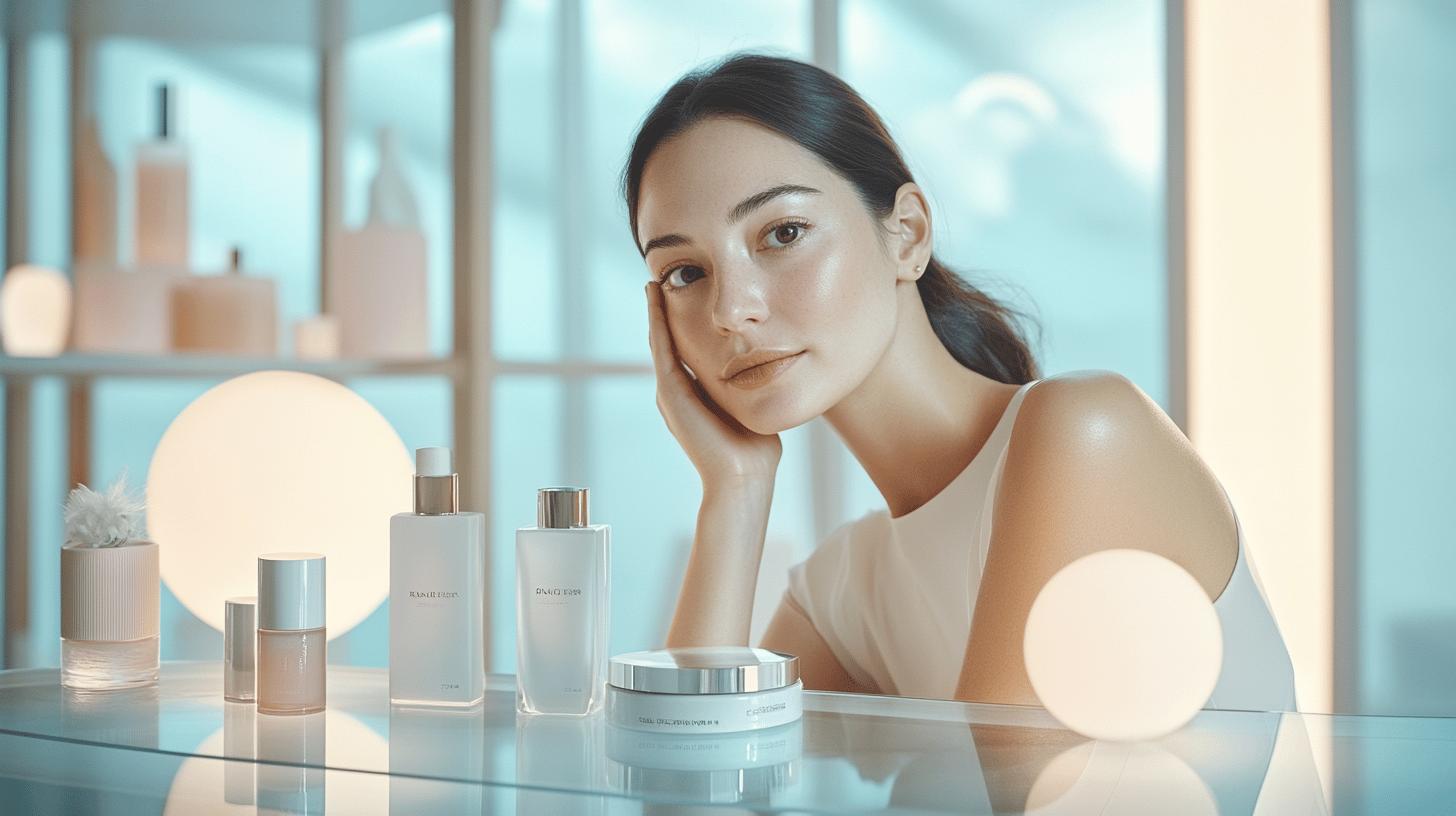Could one protein hold the key to ageless beauty? Collagen, the structural powerhouse of skin, maintains its firmness and elasticity. Yet, as age sets in, collagen production wanes and tell-tale signs of ageing emerge. Enter collagen-boosting treatments, poised to rejuvenate and revive. These interventions promise to restore the skin’s youthful vibrance, counteracting fine lines and sagging. This article delves into the science of collagen enhancement, exploring treatments that breathe new life into ageing skin and how we can harness their benefits to maintain that coveted youthful glow.
Understanding Collagen’s Role in Youthful Skin
Collagen is the most abundant protein in the human body, playing a pivotal role in maintaining the skin’s structure and ensuring its firmness, smoothness, and elasticity. As a crucial component of the extracellular matrix, collagen provides the necessary support that contributes to a youthful appearance. It is predominantly found in the dermis layer of the skin, where it acts as a scaffold, keeping the skin tight and resilient. The presence of ample collagen is essential for preserving the skin’s natural bounce and maintaining an even texture, directly influencing how youthful and vibrant the skin looks.
With the natural progression of age, the body’s ability to produce collagen diminishes, leading to noticeable changes in the skin’s appearance. This decline typically begins in one’s mid-20s and continues to decrease by approximately 1% per year. The reduction in collagen levels results in common signs of ageing, such as fine lines, wrinkles, and sagging skin. The loss of collagen’s structural support causes the skin to lose its firmness and elasticity, making it more prone to drooping and the formation of creases. Understanding this process highlights the importance of collagen-boosting treatments in maintaining youthful skin.
- UV exposure: Harmful rays from the sun accelerate collagen breakdown.
- Smoking: Tobacco smoke contains chemicals that damage collagen and elastin.
- Pollution: Environmental pollutants can degrade collagen fibres.
- Poor diet: Lack of essential nutrients impairs collagen synthesis.
- Stress: Chronic stress can lead to increased collagen degradation.
Collagen Boosting Treatments: Options and Effectiveness
Collagen-boosting treatments encompass a variety of approaches, each aimed at enhancing the skin’s natural collagen production and addressing signs of ageing. These treatments can be broadly categorised into topical products, supplements, and more intensive dermatological procedures. Among the popular options are dermal fillers, laser therapy, microneedling, and radiofrequency treatments. Professional services such as Morpheus8, Forma, and PRP Therapy are highly effective in stimulating collagen synthesis. By integrating these treatments with a diligent skincare routine, individuals can achieve more pronounced and long-lasting results.
Dermatological procedures offer significant benefits in boosting collagen production, often providing more immediate and noticeable effects compared to topical products or supplements. Dermal fillers, for instance, not only replenish volume loss but also stimulate the body’s collagen production to improve skin texture and elasticity. Laser therapy and microneedling create controlled micro-injuries that trigger the skin’s natural healing response, promoting collagen regeneration. Radiofrequency treatments, like Thermage, use energy to heat the skin’s deeper layers, effectively tightening and lifting sagging skin by stimulating collagen fibres. These procedures are ideal for individuals seeking targeted anti-ageing results.
Topical products and supplements also play a crucial role in supporting collagen levels. Retinoids and peptides, commonly found in skincare formulations, are known to enhance collagen production when applied consistently. These active ingredients work by increasing cell turnover and promoting the synthesis of new collagen fibres. Collagen supplements, often available as powders or capsules, contain hydrolysed collagen peptides, which are easily absorbed by the body. Research indicates that these supplements can improve skin elasticity, hydration, and density, making them a valuable addition to daily routines for maintaining youthful skin.
The Benefits of Collagen Supplements for Skin Health

Collagen supplements, especially those containing peptides from hydrolysed collagen, are designed for optimal absorption by the body. How do these supplements work? By breaking down collagen into smaller, easily digestible peptides, the body can more efficiently utilise them to stimulate its natural collagen production. This process helps reinforce the skin’s structural integrity, maintaining its firmness and elasticity. As a result, these supplements have become popular for individuals seeking to support their skin health from within.
Research indicates that collagen supplements offer several benefits for skin health. What improvements can one expect from collagen supplementation? Studies have shown enhancements in skin elasticity, increased hydration, and greater skin density. These changes contribute to a smoother and more youthful complexion, as collagen supplements aid in replenishing the skin’s natural reserves. By consistently incorporating these supplements into a daily routine, individuals may experience noticeable improvements in their skin’s overall appearance and resilience.
- Powders
- Capsules
- Liquid formulas
- Gummies
Combining Collagen Treatments with Skincare Routines
Integrating collagen-boosting treatments with a regular skincare routine creates a synergy that optimises their overall effectiveness. Why is this combination beneficial? Collagen treatments can stimulate production and repair structural integrity, while a well-rounded skincare regimen maintains and enhances these effects. For instance, while in-office procedures like microneedling or radiofrequency treatments initiate collagen synthesis, topical treatments can sustain and amplify these benefits, ensuring a comprehensive approach to maintaining youthful skin.
Which skincare ingredients effectively support collagen production? Essential components include retinoids, which increase cell turnover and collagen synthesis, and antioxidants like vitamin C, known for neutralising free radicals that degrade collagen. Hydroxy acids, such as glycolic acid, gently exfoliate, promoting the regeneration of collagen fibres. Incorporating these ingredients into daily skincare solutions can effectively support and enhance the benefits of collagen treatments, leading to firmer and more resilient skin.
Sunscreen plays a critical role in protecting existing collagen from external damage. How does it work? By forming a barrier against harmful UV rays and blue light, sunscreen prevents the breakdown of collagen fibres, preserving the skin’s elasticity and firmness. Regular use of broad-spectrum sunscreen is vital, not just post-treatment but as a daily habit, to safeguard against premature ageing and ensure the longevity of collagen-boosting efforts.
Expert Insights on Maintaining Youthful Skin Through Collagen
How can lifestyle choices impact collagen production? Experts agree that maintaining a youthful complexion is not solely reliant on treatments but also on a healthy lifestyle. A balanced diet rich in vitamins and minerals, such as vitamin C and zinc, is essential for collagen synthesis. Regular hydration supports skin elasticity, while physical activity enhances circulation, promoting better nutrient delivery to the skin. Additionally, adequate sleep allows for cellular repair and regeneration, which is crucial for maintaining the skin’s structural integrity. Emphasising these lifestyle habits can significantly bolster collagen levels, complementing any aesthetic treatments pursued.
Is it too late to start collagen treatments later in life? Many people mistakenly believe that only expensive procedures are effective or that they have missed their chance to benefit from collagen therapies. However, starting treatments at any age can yield noticeable results, as the skin remains responsive to interventions throughout life. Affordable options, such as topical retinoids and dietary supplements, are accessible and effective in boosting collagen. By dispelling these misconceptions, individuals can make informed decisions about their skincare regimen without feeling constrained by age or budgetary concerns.
Debunking Myths
What are some common myths about collagen treatments? A prevalent myth is that only luxury procedures deliver results, yet numerous affordable alternatives exist that effectively enhance collagen production. Another misconception is that one must start treatments at a young age to see benefits, while in reality, skin can respond positively to collagen-boosting efforts at any stage. Understanding these truths empowers individuals to explore diverse options, optimising their skincare approach based on personal needs rather than prevailing myths.
Final Words
Exploring the integral role of collagen in maintaining youthful skin, the article delved into various effective methods to boost collagen levels, such as dermal fillers and laser therapy. These treatments significantly improve skin elasticity, targeting fine lines and sagging.
Collagen supplements and a robust skincare routine further enhance skin health, while expert insights highlight the importance of starting treatments early. Dispelling common misconceptions, it’s clear that anyone can benefit from these treatments, regardless of age. The Role of Collagen Boosting Treatments in Maintaining Youthful Skin continues to be undisputed, offering a path towards vibrant and resilient skin.
FAQ
What is collagen, and why is it important for youthful skin?
Collagen is the most abundant protein in the human body, playing a vital role in maintaining firm, smooth, and elastic skin. It supports the skin’s structure and is key to a youthful appearance. Ageing leads to a natural decline in collagen production, resulting in fine lines, wrinkles, and sagging skin.
How does ageing affect collagen levels?
Ageing naturally diminishes collagen levels, which impacts skin appearance by creating signs like fine lines, wrinkles, and sagging. Factors such as UV exposure, smoking, poor diet, stress, and pollution accelerate collagen degradation.
What are the options for collagen-boosting treatments?
Various treatments boost collagen production, including topical products, supplements, and dermatological procedures like dermal fillers, laser therapy, microneedling, and radiofrequency treatments. Combining these treatments with a consistent skincare routine enhances their effectiveness.
How effective are professional collagen-boosting treatments?
Professional treatments such as Morpheus8, Forma, and PRP Therapy effectively stimulate collagen production. They improve skin texture, reduce wrinkles, and provide long-lasting results when combined with other skincare practices.
What are the benefits of collagen supplements for skin health?
Collagen supplements, especially those with peptides from hydrolyzed collagen, are easily absorbed and can stimulate natural collagen production, improving skin elasticity, hydration, and density. They are available as powders or capsules.
Which collagen supplements are most popular?
- Hydrolyzed collagen peptides
- Collagen protein powders
- Marine collagen capsules
- Gelatine-based supplements
How can collagen treatments be integrated with a skincare routine?
Combining collagen-boosting treatments with skincare products containing retinoids, antioxidants, and hydroxy acids enhances collagen synthesis. Sunscreen is crucial for protecting existing collagen from UV damage.
Why is sunscreen important in maintaining collagen?
Sunscreen shields the skin from UV and blue light damage, preserving existing collagen. Regular use supports the effectiveness of treatments and prevents premature ageing.
What expert insights support maintaining youthful skin with collagen?
Experts suggest a healthy lifestyle, including a balanced diet and regular hydration, supports collagen production. Early collagen treatments help maintain levels, but it’s never too late to begin.
What are common misconceptions about collagen treatments?
Common myths include that expensive procedures are the only effective option and it’s too late to start treatments. In truth, various affordable and effective treatments are available, and it’s never too late to begin enhancing collagen production.







